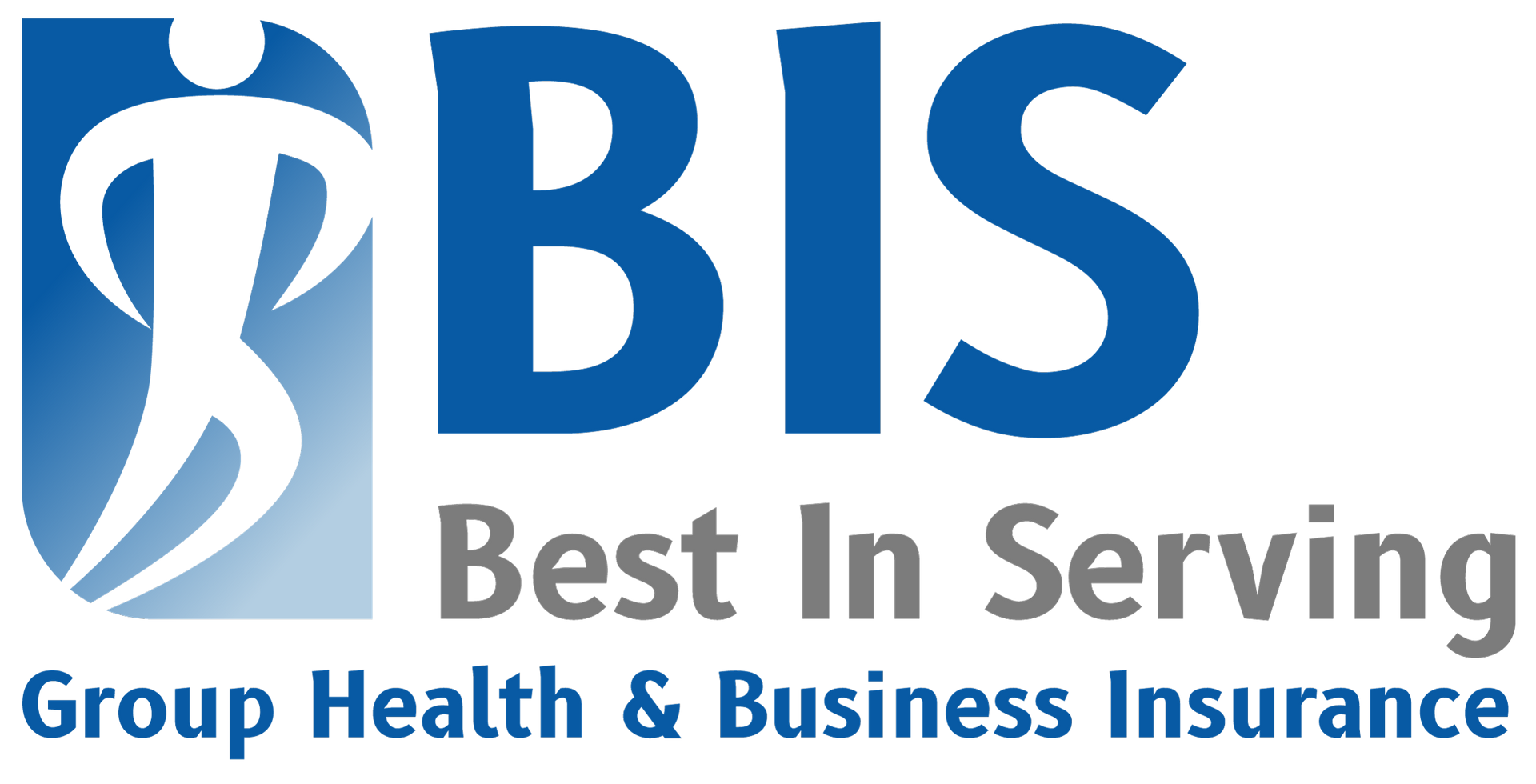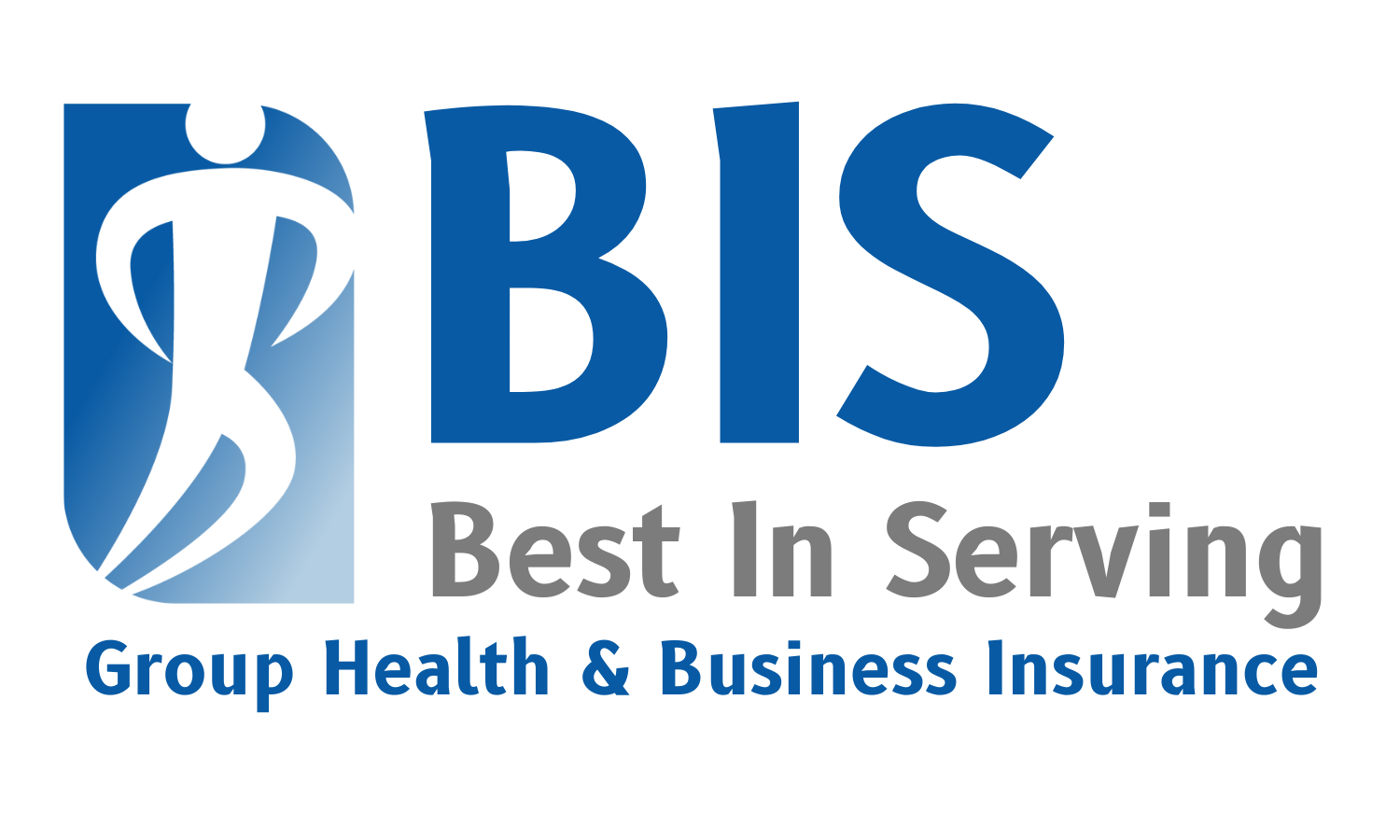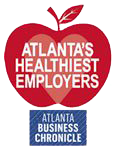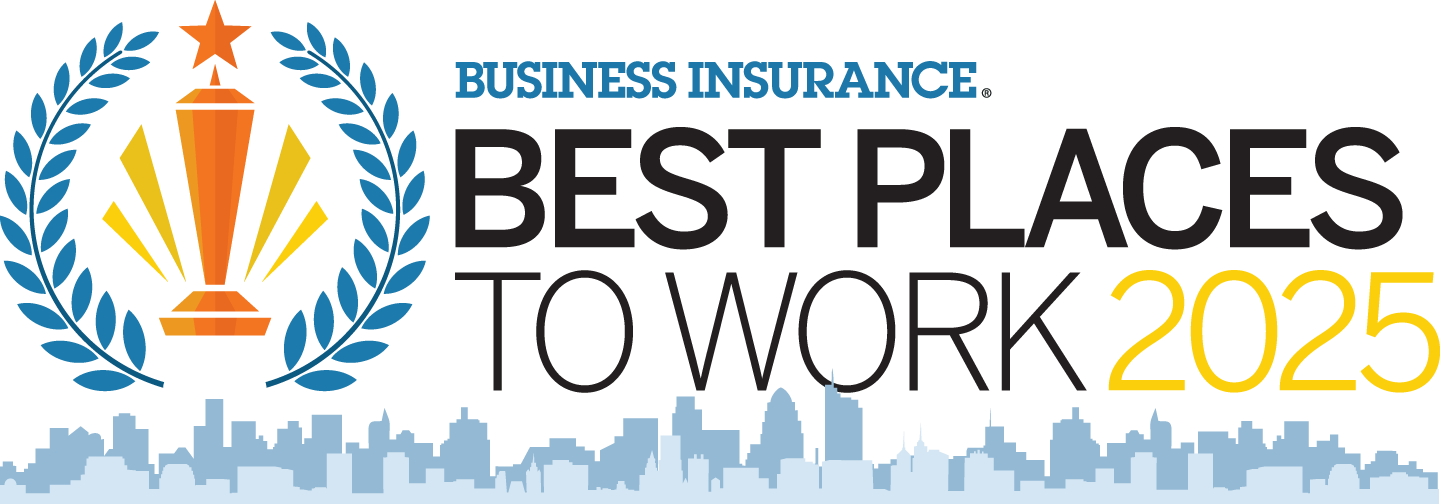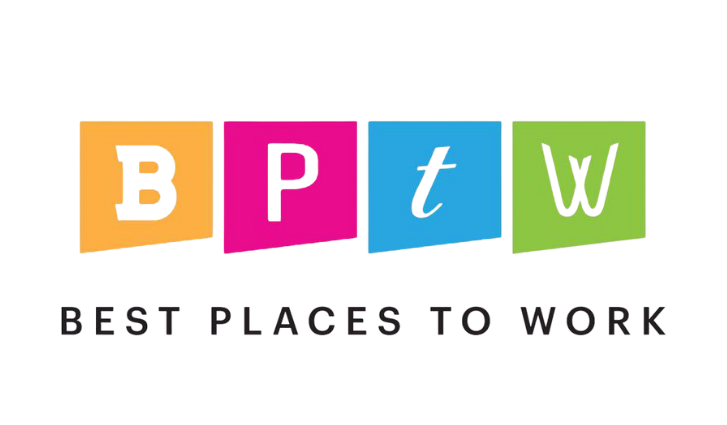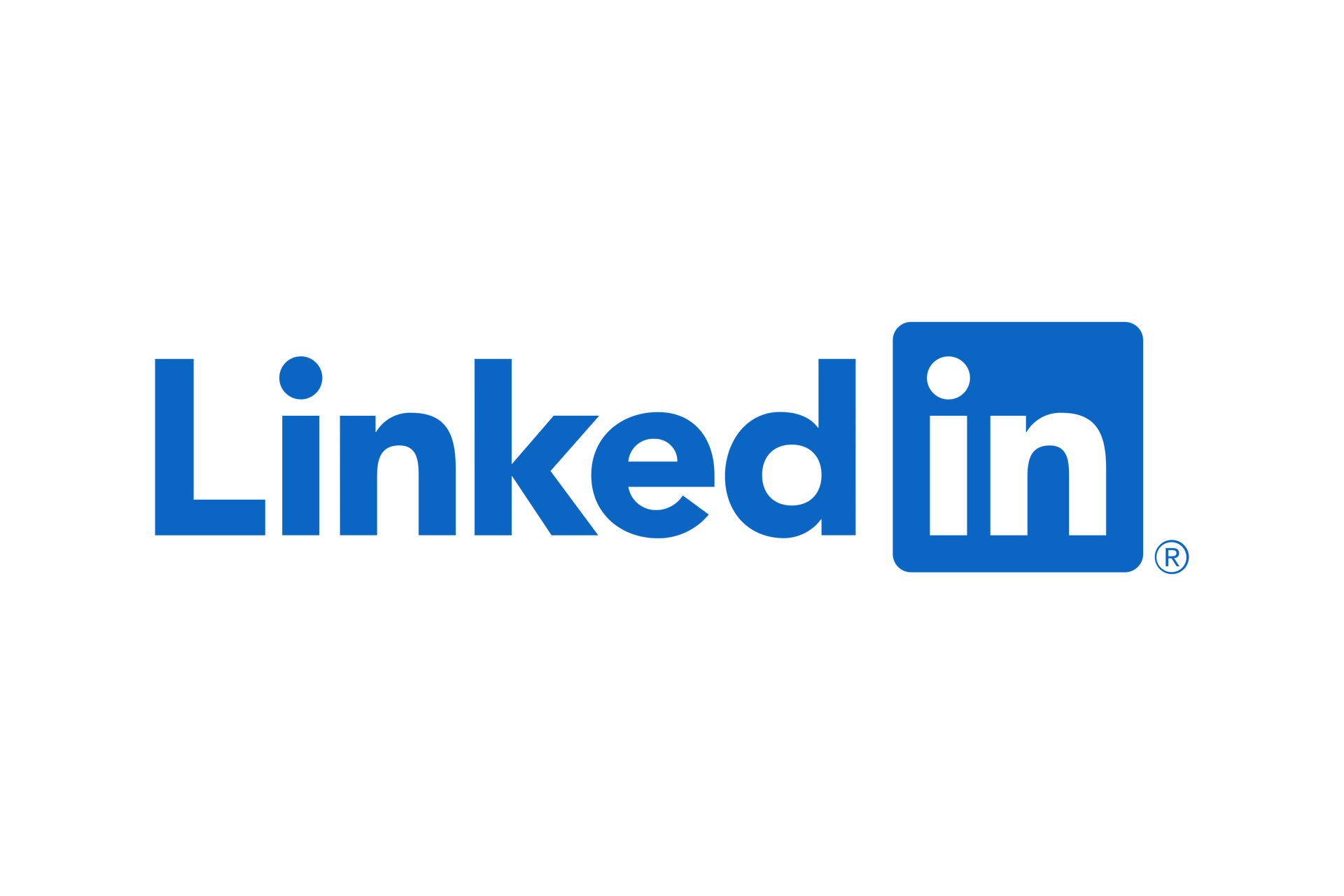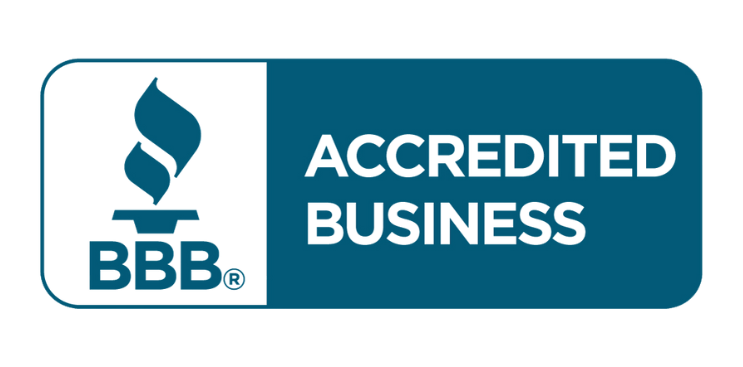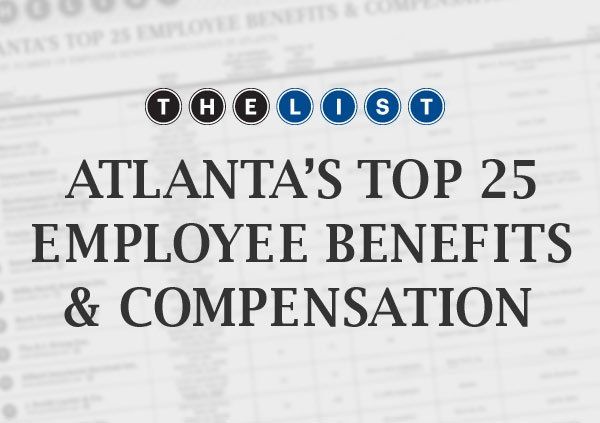What The Families First Coronavirus Response Act Means For HR Teams
What The Families First Coronavirus Response Act Means For HR Teams
By Bill Olson, Senior VP, Operations at United Benefit Advisors
Last week, the House of Representatives ended ongoing negotiations and reached a finalized agreement on the Families First Coronavirus Response Act, another legislative response to the COVID-19 pandemic (an emergency spending bill was already rushed through Congress during the first week of March). After garnering the votes required for approval from the House, the bill will go to the Senate, where it is likely to pass with bipartisan support, and finally President Trump, who is expected to sign. The Families First Coronavirus Response Act is a more comprehensive piece of legislation than the previous emergency spending bill, and some of its provisions—like temporarily increasing federal funding for Medicaid—will resonate even after COVID-19 has been contained. As of this writing, as reported by SHRM’s Lisa Nagele-Piazza, the bill includes:
- Free coronavirus testing
- Paid emergency leave
- Improved unemployment insurance
- More funding for nutritional programs
- Protections for health care workers and employees responsible for cleaning at-risk places
- Additional federal funds for Medicaid
Let’s break down some of these stipulations that will have a lasting impact for human resource teams.
Paid Emergency Leave
COVID-19 has forced millions of workers into an impossible dilemma, one succinctly summarized by House Speaker Nancy Pelosi during the announcement of the House’s approval of the bill: "We cannot slow the coronavirus outbreak when workers are stuck with the terrible choice between staying home to avoid spreading illness and the paycheck their family can't afford to lose."
To combat this, the Families First Coronavirus Response Act provides workers with two-thirds of their wages for up to 90 days of leave related to their own or a covered relative’s COVID-19 related illness. Paid for by the Social Security Administration, the program would be in effect for nearly a year, with an agreed expiration date of January 2021. The bill’s current iteration also provides immediate sick-leave benefits for workers who get sick during the pandemic, and employers would have to provide two weeks of paid sick leave to full-time employees (part-time staff would be given paid sick leave for the amount of hours they would typically work in a two-week period.
Enhanced Unemployment Insurance
The unemployment insurance provision of the bill, officially titled the Emergency Unemployment Insurance Stabilization and Access Act of 2020, provides all states with an emergency administration grant for unemployment insurance to fund staffing, information technology, and other costs related to administer unemployment, so long as workers who lose their jobs are given notice and, if necessary, training to access and navigate the system. And states where unemployment insurance claims skyrocket could receive additional funding if they commit to temporarily easing eligibility requirements and access.
It is important to note that as bills are negotiated in the House and Senate, they often undergo alterations and revisions before being finalized. For that reason, the provisions listed in this article may be subject to change. Please continue to stay abreast of the latest coronavirus updates from the CDC and federal authorities.
Brought to you by:

